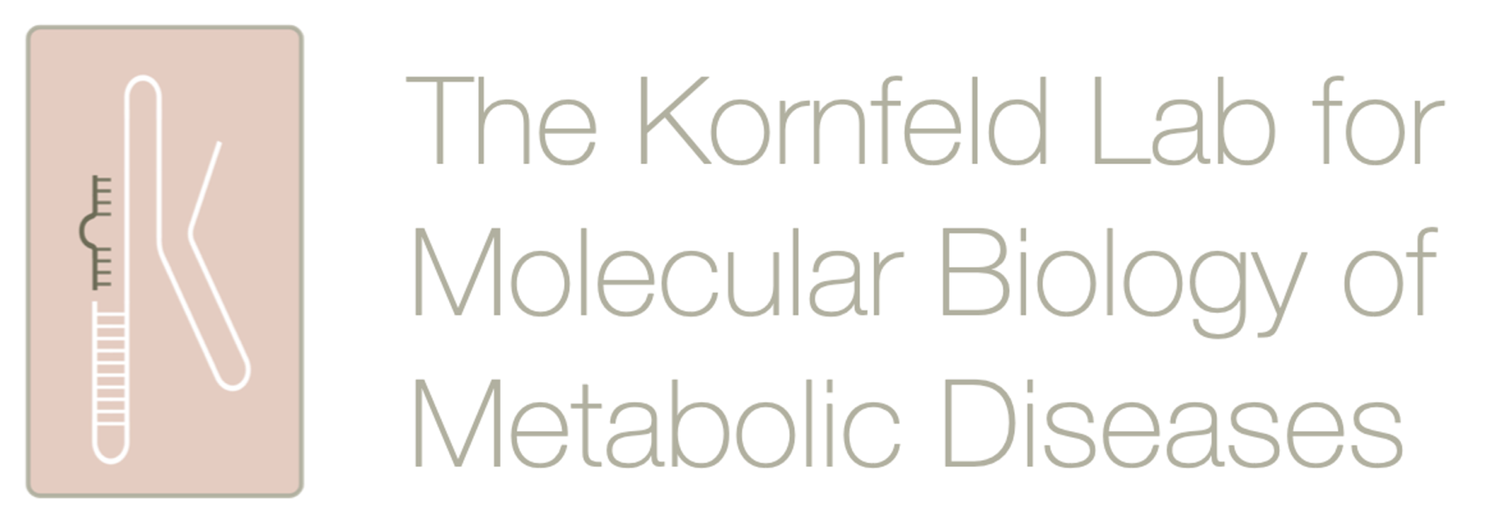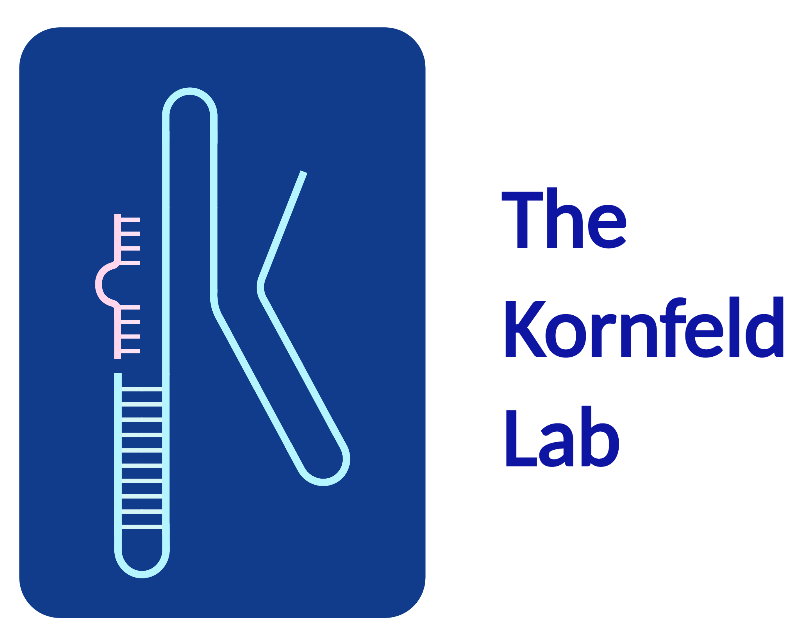ADIPOSIGN - Center for Adipocyte Signaling
The multifactorial nature of obesity and its co-morbidities constitute a major challenge for understanding disease etiology and developing efficient treatment strategies. Over the past decade, genome-wide association studies revealed ~300 single-nucleotide polymorphisms that are associated with various adiposity traits. These studies indicate that body-mass index is seemingly controlled by the central nervous system, whereas fat distribution and health-related effects of obesity are primarily controlled by adipocyte genes. Recent data support the hypothesis that variance in adipocyte function is a main driver of disease etiology in obesity.
The Center for Adipocyte Signaling (ADIPOSIGN) was established in 2019 by a grant in the of the Novo Nordisk Foundation CHALLENGE program. ADIPOSIGN capitalizes on an outstanding team of scientists with highly complementary competences but with a common interest in understanding the role and mechanisms of adipocyte signal transduction in obesity disease etiology. By combining experimental and computational systems approaches, we will obtain unprecedented insights into how mouse adipocytes receive and respond to signals at the level of the genome and the cell membrane depending on depot, gender and genetic makeup.
Based on unique human cohorts, adipose tissue samples and human genetic data we will characterize the signaling states of obese human adipocytes, and we will infer the impact of human genetic variation on obesity etiology. Through detailed molecular studies in advanced ex vivo and in vivo model systems, we will decipher how these signaling functions respond to obesity.
Please find more information on the homepage of the ADIPOSIGN consortium:
https://www.sdu.dk/en/adiposign
ADIPOSIGN Founders
(from left to right):
Prof Jan-Wilhelm Kornfeld (University of Southern Denmark, DK)
Prof Susanne Mandrup (University of Southern Denmark, DK)
Prof Madan M Babu (MRC-LMB, Cambridge, UK)
Assoc. Prof Zach Gerhart-Hines (University of Copenhagen, DK)
‘Our long-term ambition is that insights obtained in ADIPOSIGN will form the basis not only for future drug discovery, and possible treatment strategies, but also for new predictive and preventive strategies for obesity. The experimental and computational approaches developed in ADIPOSIGN can be applied to uncover the mechanism of other complex human disease beyond obesity’
- Adiposign Vision


